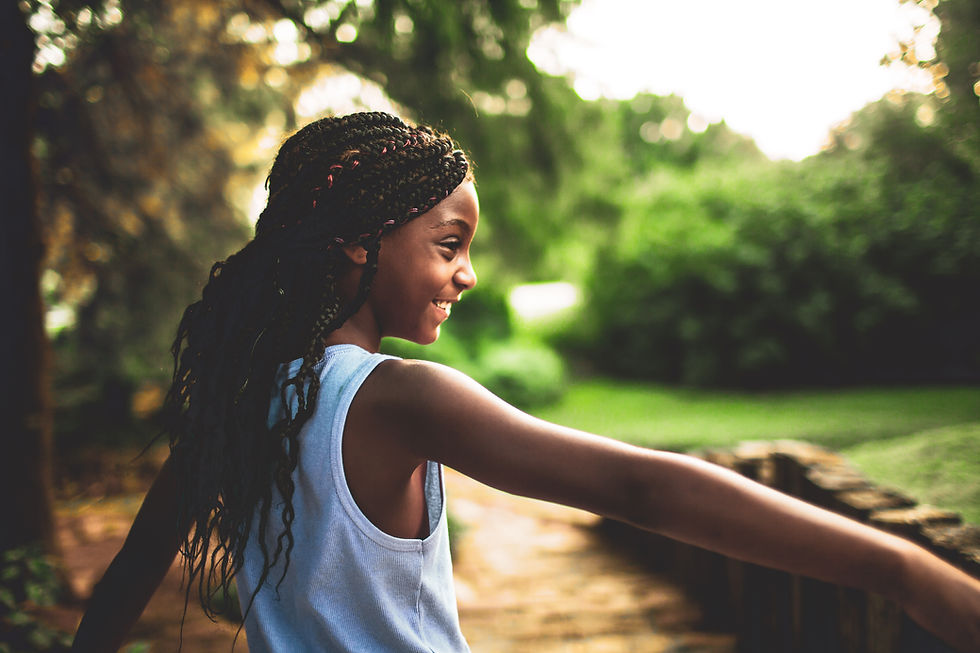- Feb 22, 2020
- 3 min read

Children trust. Why shouldn’t they? We expect our needs to be met when we come into this world, that we will be cared for and ultimately that those around us will keep us safe. We have nothing contradicting this innate message upon our arrival. In healthy infancy, when we cry; adults around us engage to see what is wrong. Our cry is an indicator that we have a need. They look to see if maybe we have soiled our diaper, or if we are hungry or perhaps gassy or maybe need to be held. When our families are healthy, we grow up as children with this sacred trust that the world around us is safe.
For the other part of the population whose introduction into the world was met with subpar accommodations, we may not have experienced that immediate response and attention to our needs. As children, we still seek out and desire for those needs to be met. Even when they are not, there remains a hope inside; a vulnerability that secures a child’s innocence and maintains this sacred trust. This sacred trust can be violated by peers, caregivers, teachers, cousins, uncles, aunts, and others through assassinating a child’s will through sexual abuse. Sexual abuse shatters the core of a child and leaves them seeking to reclaim pieces of themselves lost through the traumatic experience.
Many First Responder’s charged with handling the report of a child’s sexual abuse often have many questions. They want to know - How did this even happen? Where were the parents? Why didn’t the child fight back? If they’re both children, is it even abuse? Who would do something like that to a child? What if the child is lying? Should the police be involved? What if the abuser is in the home? The list continues. Childhood sexual abuse is such a challenging and tragic epidemic in our society. Brokenness within individuals causes some of the most heinous crimes to happen, and there isn’t a short answer as to why.
Childhood sexual abuse happens in all kinds of families, all across the world. It does not discriminate against incomes, ethnic backgrounds or religions. Nor is this trauma selective among genders, mental, physical, or emotional health. It is a cruel violation of the innocence of a child that no one should experience, but many will suffer. Perhaps as a reader, you know the lack of discrimination this monster implores and grip of its claws. I speak so strongly about it because, me too. I know the trauma and am fortunate to have come through it not only as a survivor but as an advocate for children that cannot advocate for themselves and for adult survivors that are still processing the residue left behind from their assault(s).
The memory of the First Responder is a part of every story from survivors I walk alongside on their healing journey. In literally every encounter I have walking alongside someone on their healing journey I am told the story of the First Responder. Invited into the memory of when the child victim found the courage to tell finally and who they told, what the response was and how often the memory of that encounter can be more prominent in their mind than the memory of the actual abuse. First Responder’s reaction is significant because it can have two very different impacts. It can be received as more damaging than the trauma itself, or it can empower the victim and catapult them on an upward journey of healing I believe this is because of the sacred trust of a child. Even when it is violated, because we come into this world with it perfectly intact, there is something in us that always strives to reclaim it.
Children want to believe that adults are here to help them. They look for a trusted source to hear their cry, respond to their needs and affirm to them that they are okay. That the world is safe again, and if it is not; it will be. They need you to tap into that place of innate trust and renew their security.





Comments